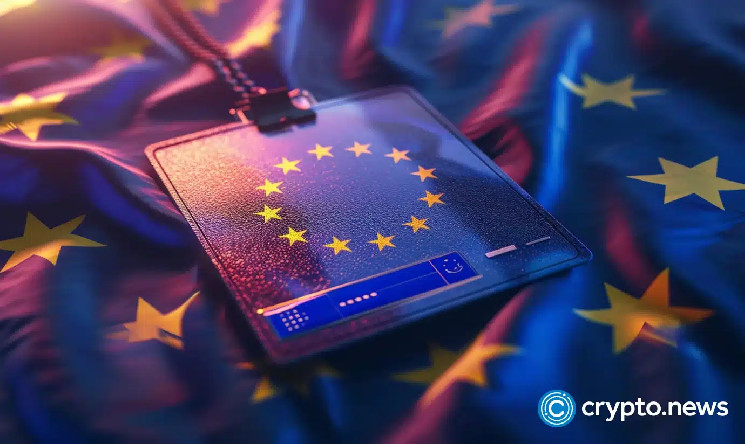Nibras Stiebar-Bang, the CTO and CPO of Concordium, believes that blockchain technology has the potential to significantly contribute to the European Union’s digital identification initiatives. The EU’s aim to create a unified digital identification system is a step towards improving convenience and security at a regional level. However, Stiebar-Bang emphasizes the importance of ensuring that this effort prioritizes enhanced access while maintaining robust privacy protections.
Stiebar-Bang explains that standardized digital IDs can streamline identity verification for citizens accessing services across EU member states, ultimately benefiting both individuals and institutions. However, he also warns that the convenience of digital IDs should not come at the expense of personal data protection. He highlights concerns related to increased digital surveillance and centralized data storage, which could potentially make individuals vulnerable to hacking.
To mitigate potential privacy pitfalls, Stiebar-Bang emphasizes the importance of individual country implementations and the choice of blockchain solutions for identity management. He advocates for decentralized platforms with strong identity layers that incorporate zero-knowledge proof technology. This approach enables identity verification without exposing personal details, ultimately giving users greater control over the information they choose to share.
In addition, Stiebar-Bang underscores the necessity for EU policymakers to actively educate the public about the privacy-preserving capabilities of blockchain solutions. Specifically, he emphasizes the need to address citizens’ concerns about surveillance by clearly communicating how zero-knowledge proofs and decentralized systems function.
Stiebar-Bang also stresses the importance of collaboration within the industry to successfully deliver on the promise of enhanced security and privacy for digital IDs. He recommends involving leaders in the blockchain industry in conversations and pilot initiatives, as well as fostering research partnerships with universities to integrate diverse expertise.
Ultimately, Stiebar-Bang believes that if implemented properly, self-sovereign digital identity has the potential to empower citizens with unprecedented control over their personal information, marking a significant milestone in digital identity management. This vision underscores the need for an inclusive and transparent approach to ensure the success of the EU’s digital identification initiatives.









